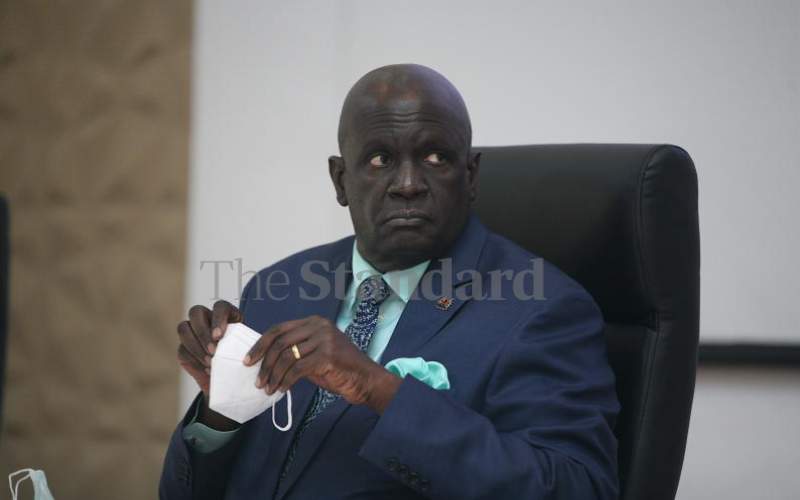×
The Standard e-Paper
Home To Bold Columnists

The Ministry of Education has come under sharp focus as stakeholders accuse top officials of not doing enough to manage the crisis that has gripped the sector due to student unrest that has resulted in the burning of schools.
It is also emerging that the Cabinet Secretary, Prof George Magoha, is presiding over a weak system that has made it impossible for field officers to make quick decisions to avert crises.